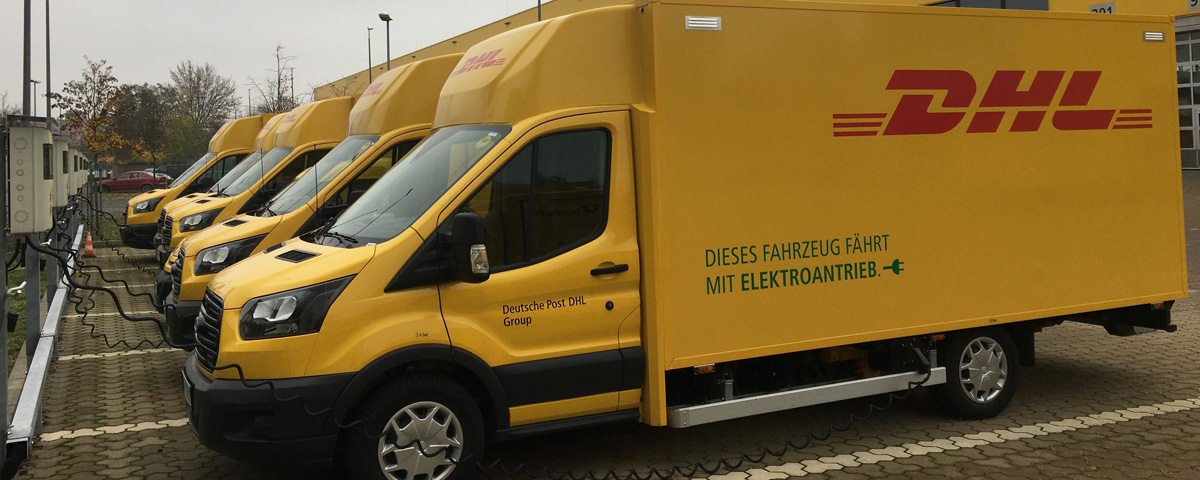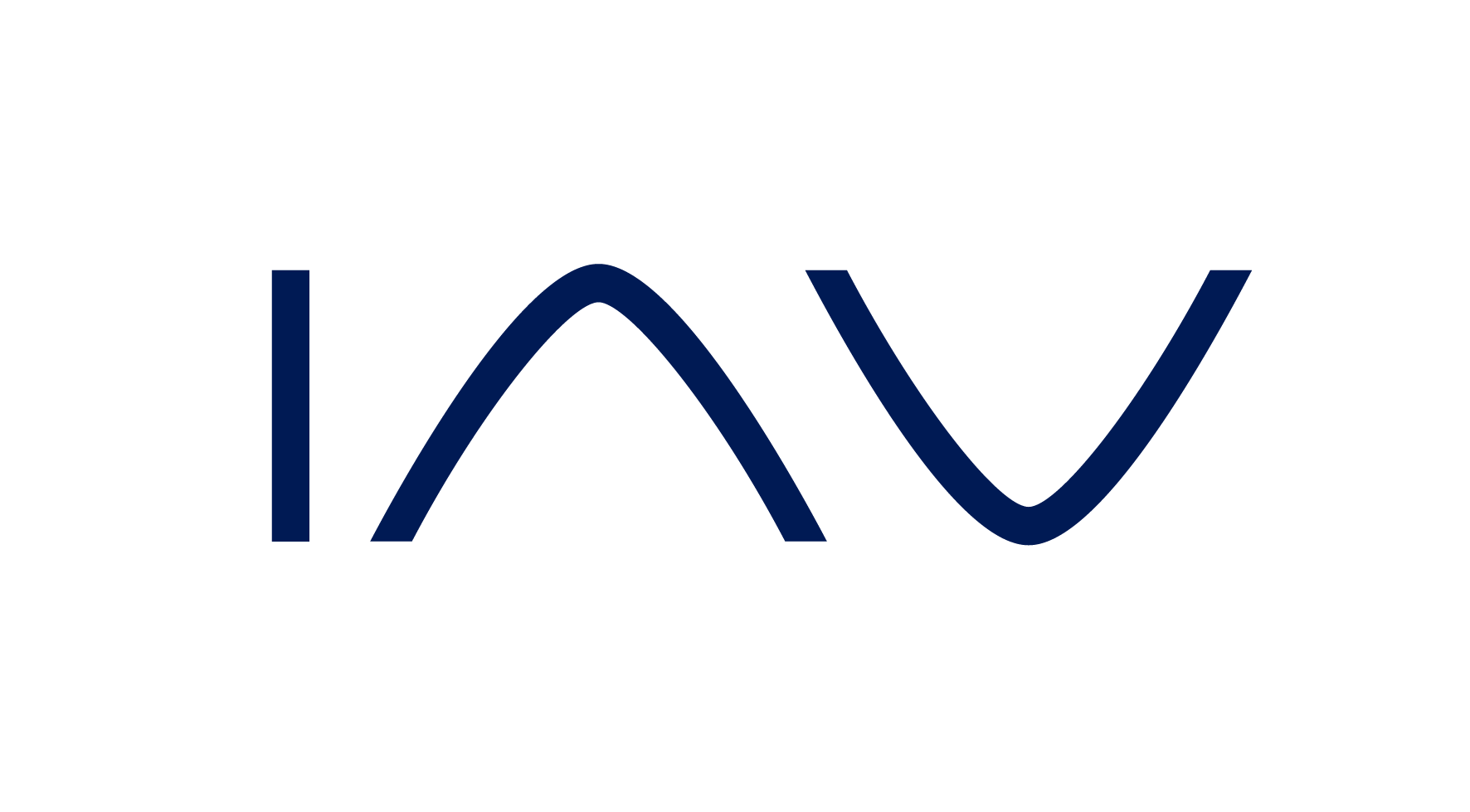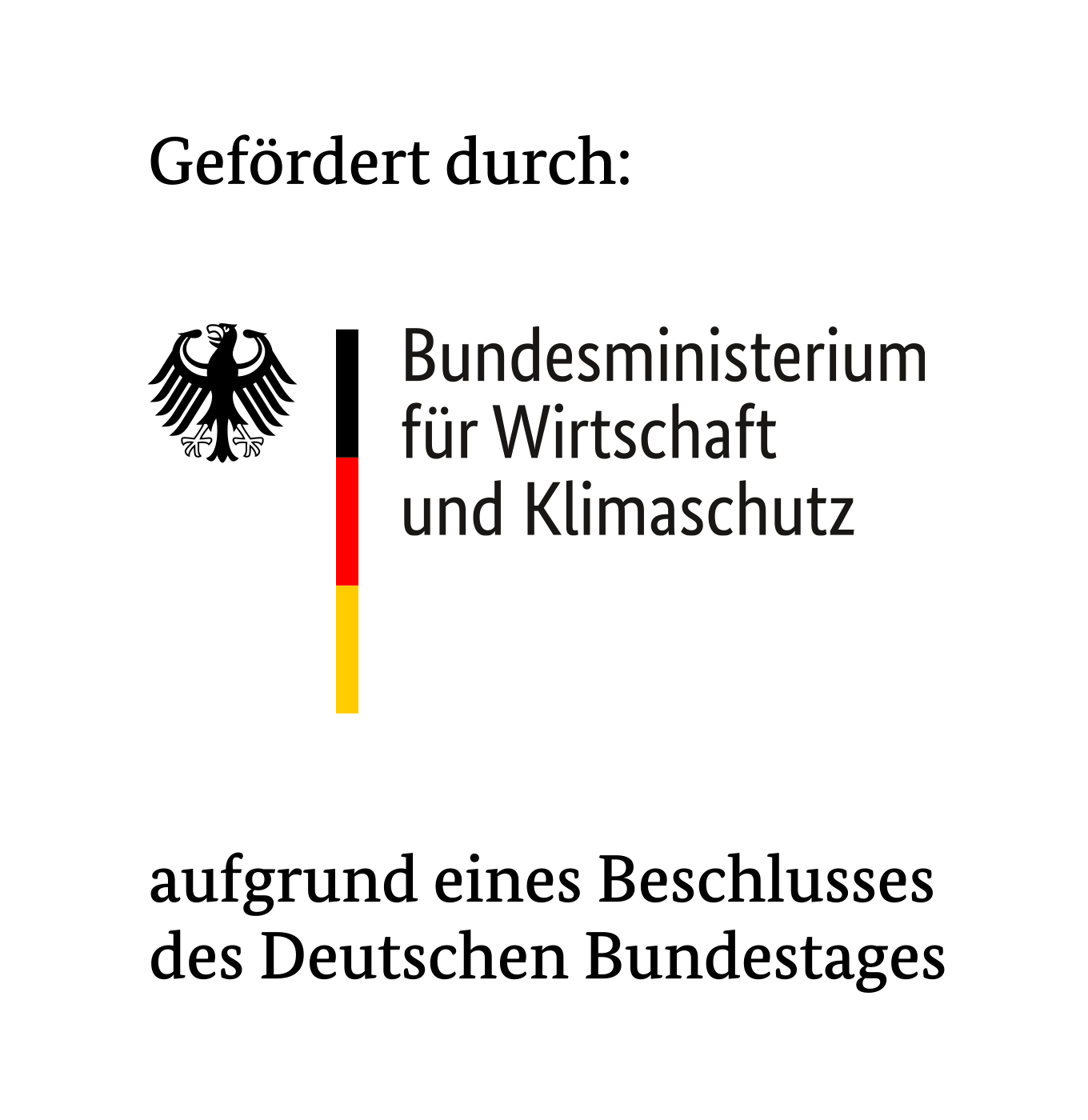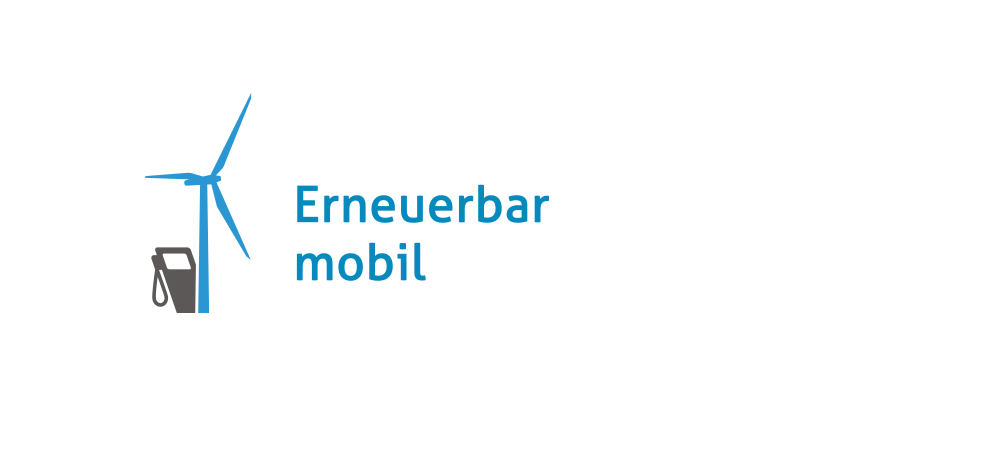
25.11. | Delegation of State Bank of India
25. November 2019
25.–26.11. | dena Energy Transition Congress
26. November 2019Netz_eLOG: Intelligent grid integration of e-mobility

In the research project Netz_eLOG, RLI develops methods for a stable long-term grid integration of the electrified transport sector.
The share of renewable energy in the electricity mix is constantly increasing. As this type of power generation is volatile – i.e. it can fluctuate depending on wind strength and solar radiation – the use of flexibility on the load side is becoming increasingly important for grid operators. Electric vehicles offer a high potential for this due to the built-in batteries. The Netz_eLOG research project is investigating how the flexibility options that e-mobility offers can be used intelligently based on different charging strategies.
Practical test: Network integration of electrified logistics
Using the example of a large electric delivery fleet of the Deutsche Post DHL Group (DPDHL), the different flexibility options in the distribution grid of E.DIS Netz GmbH are demonstrated in a practical test. The practical test is carried out with up to 30 StreetScooter WORK XL at the Kleinmachnow location. The aim of the joint project is to analyze how flexibly the electric fleet of DHL is charged and how the distribution network operator E.DIS Netz GmbH can use the electric vehicle fleet as a new flexible load.
Dynamic charge control beyond the mains connection point
RLI uses a grid-side dynamic control device that was developed by the project partners for its simulations to estimate how controlled charging affects the power grid. The control device is tested in real operation of DPDHL's electric delivery fleet at several sites and takes into account essential criteria of the power grid, the vehicles, and the logistics process in order to calculate an optimal charging behavior. The methods and technologies developed are intended to prevent spatial and temporal overload of the grid, to take into account the production of electricity from renewable energy sources in a forward-looking manner and to ensure the supply of e-mobility. In contrast to standard load management, which is usually limited to local optimization, the control of charging processes planned in this project offers the possibility of identifying unused potential in the grid and exploiting it.
Transferability and scaling to other application areas
Another goal of Netz_eLOG is to develop guidelines for the grid integration of e-mobility, which will enable application throughout Germany. To this end, various transferability scenarios are being used to simulate how the developed procedures can be transferred to other logistics locations and application areas from technical, ecological, and economic perspectives and what flexibility potential exists at the various locations.
Economic incentives for network charging
A further component for ensuring the transferability of the project findings is the development of economic incentive models for fleet and distribution network operators. These take into account the integration of renewable energy and the economic, regulatory, and competitive constraints of fleet operators. To develop and validate these incentive models and their transferability, relevant stakeholders from the field of e-mobility network integration are regularly invited to workshops. There, the project findings are discussed with the stakeholders and their respective perspectives are incorporated into the development process.
Regulatory developments in the electricity grid
When the Redispatch 2.0 regulation comes into force in October 2021, intelligent control of the charging processes of electric fleets will become even more important from the point of view of bottleneck management. As a result of this legal change, distribution network operators will be increasingly involved in the redispatch process in the future. In order to keep the volume of possible redispatch calls to a minimum, network operators will need to be able to integrate large electric vehicle fleets into their forecasting processes and also take e-mobility into account in their long-term network expansion planning. Netz_eLOG examines how the flexibility of e-mobility can contribute to securing network stability, especially at the distribution grid level.
Project duration: November 2019 to March 2023
The share of renewable energy in the electricity mix is constantly increasing. As this type of power generation is volatile – i.e. it can fluctuate depending on wind strength and solar radiation – the use of flexibility on the load side is becoming increasingly important for grid operators. Electric vehicles offer a high potential for this due to the built-in batteries. The Netz_eLOG research project is investigating how the flexibility options that e-mobility offers can be used intelligently based on different charging strategies.
Practical test: Network integration of electrified logistics
Using the example of a large electric delivery fleet of the Deutsche Post DHL Group (DPDHL), the different flexibility options in the distribution grid of E.DIS Netz GmbH are demonstrated in a practical test. The practical test is carried out with up to 30 StreetScooter WORK XL at the Kleinmachnow location. The aim of the joint project is to analyze how flexibly the electric fleet of DHL is charged and how the distribution network operator E.DIS Netz GmbH can use the electric vehicle fleet as a new flexible load.
Dynamic charge control beyond the mains connection point
RLI uses a grid-side dynamic control device that was developed by the project partners for its simulations to estimate how controlled charging affects the power grid. The control device is tested in real operation of DPDHL's electric delivery fleet at several sites and takes into account essential criteria of the power grid, the vehicles, and the logistics process in order to calculate an optimal charging behavior. The methods and technologies developed are intended to prevent spatial and temporal overload of the grid, to take into account the production of electricity from renewable energy sources in a forward-looking manner and to ensure the supply of e-mobility. In contrast to standard load management, which is usually limited to local optimization, the control of charging processes planned in this project offers the possibility of identifying unused potential in the grid and exploiting it.
Transferability and scaling to other application areas
Another goal of Netz_eLOG is to develop guidelines for the grid integration of e-mobility, which will enable application throughout Germany. To this end, various transferability scenarios are being used to simulate how the developed procedures can be transferred to other logistics locations and application areas from technical, ecological, and economic perspectives and what flexibility potential exists at the various locations.
Economic incentives for network charging
A further component for ensuring the transferability of the project findings is the development of economic incentive models for fleet and distribution network operators. These take into account the integration of renewable energy and the economic, regulatory, and competitive constraints of fleet operators. To develop and validate these incentive models and their transferability, relevant stakeholders from the field of e-mobility network integration are regularly invited to workshops. There, the project findings are discussed with the stakeholders and their respective perspectives are incorporated into the development process.
Regulatory developments in the electricity grid
When the Redispatch 2.0 regulation comes into force in October 2021, intelligent control of the charging processes of electric fleets will become even more important from the point of view of bottleneck management. As a result of this legal change, distribution network operators will be increasingly involved in the redispatch process in the future. In order to keep the volume of possible redispatch calls to a minimum, network operators will need to be able to integrate large electric vehicle fleets into their forecasting processes and also take e-mobility into account in their long-term network expansion planning. Netz_eLOG examines how the flexibility of e-mobility can contribute to securing network stability, especially at the distribution grid level.
Project duration: November 2019 to March 2023
© Image: Courtesy of DPDHL
RLI assumes the following tasks within this research project:
- Leadership of consortium
- Development of a simulation model that can map the intelligent, network-relevant control options within the local energy system
- Simulation of various scenarios at the Kleinmachnow site (stationary battery storage, use of bidirectional charging, integration of local renewable energy)
- Simulation and evaluation of transferability scenarios for the application of intelligent control options at further locations and fields of application
- Identification of incentive models and operating strategies for the intelligent grid integration of electrified vehicle fleets under ecological, economic, technical and operational restrictions
- Integration of relevant stakeholders to develop economic incentive models in workshop format
- Analysis of the wide application of the flexible, network-oriented control system
- Development of a whitepaper for distribution network and fleet operators for the flexible, network-supporting operation of large electrified vehicle fleets
The increasing share of electromobility and volatile, renewable power generation poses a challenge for distribution grids. To meet this, the use of load-side flexibility is becoming increasingly important. Grid-serving charging of electric vehicles can make a significant contribution to adapting power consumption to volatile power generation and thus reducing design-relevant power peaks. In the Netz_eLOG project, the Reiner Lemoine Institute, IAV and E.DIS Netz GmbH analyzed flexibility potentials in real logistics operations using the example of an electric fleet of Deutsche Post DHL AG and developed procedures for grid-serving integration of large electric fleets into the E.DIS distribution grid.
The following project findings are to be considered for the ramp-up of electromobility and its interactions with the power grid:
The following project findings are to be considered for the ramp-up of electromobility and its interactions with the power grid:
- Grid operators can send control signals directly from the grid control center. Within secured standing times, fleet operators can implement power specifications of the grid operator.
- In order to define power specifications, idle times, energy demand and the possible charging power must be known. Unknown charging states of individual vehicles and specific charging curves can lead to deviations in the implementation of specific power specifications.
- The forced, simultaneous charging of up to 30 vehicles has not shown any relevant repercussions on the voltage quality.
- Grid-serving charging strategies avoid curtailment of renewable energy installations (EEA) in the distribution grid area. Up to 1/3 of an electric fleet's purchased energy can be sourced from currently curtailed EEAs.
- In the current regulatory framework, there is a trade-off between providing flexibility and designing grid connection power, as it is economical to reduce peak power and thus minimize grid connection power.
- In the further development of grid charges as an incentive system, the criteria of avoided curtailment and targeted grid utilization must be taken into account.











